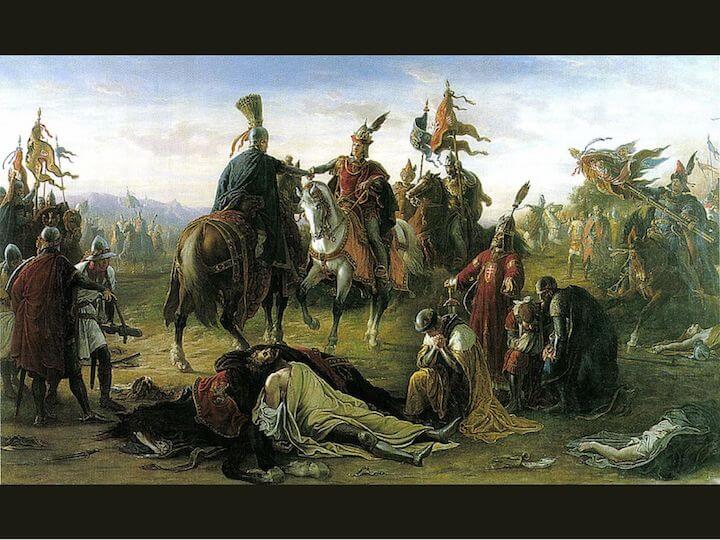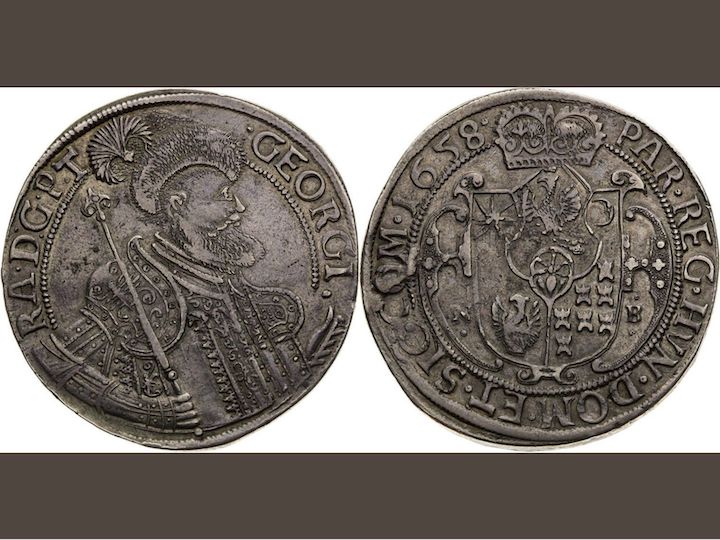
365 éve égették fel a tatár hadak Gyulafehérvárt
„Bizony recsegve, ropogva omlik össze Erdély” – írta Zrínyi Miklós 1658. augusztus 24-én kelt levelében, amikor cáfolni igyekszik azt a hírt, hogy ő törekednék a váradi főkapitányságra.
A nap, amikor a kormányzó „horgonyt vethetett” 30 évvel ezelőtt került sor Horthy Miklós újratemetésére Kenderesen
„Aligha állítható, hogy a Horthy Miklósról eddig megjelent tanulmányok, kiadványok az elmúlt évtizedekben érvényesülő politikai szempontok szerint már egy objektív történészi értékelésnek felelnének meg. Ismételten hangsúlyozom, hogy a történeti megítélés is többféle lehet, de nem állhat ellentétben a tényekkel. Ebben az értelemben feltétlenül szükségesnek tartanám a megfelelő források felhasználásával a korrekt történeti kép kialakítását.” (Antall József, 1991)
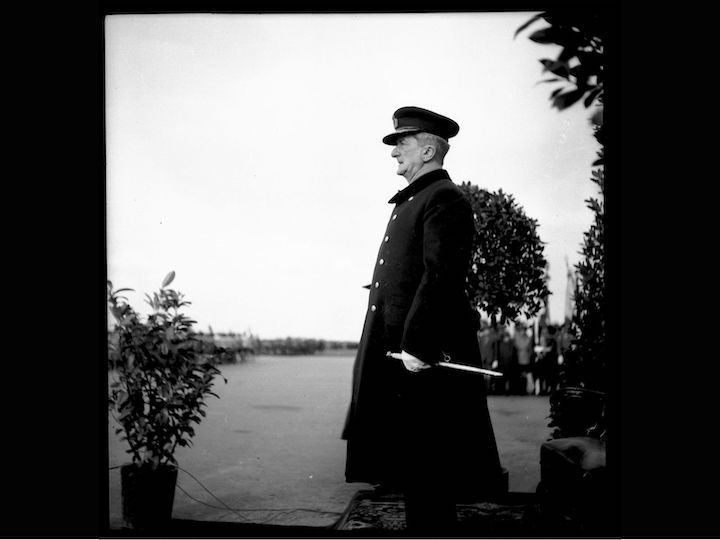
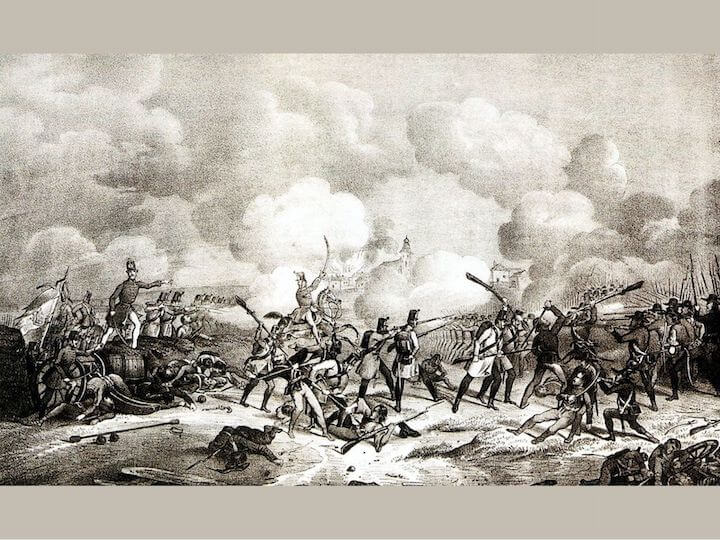
„Ilyen rohama még Napóleonnak sem volt” A perlaszi ütközet (1848. szeptember 2.)
A délvidéki magyar csapatok parancsnoka, báró Philipp von Bechtold altábornagy hezitáló magatartásával nemcsak alparancsnokai, hanem a beosztott tisztek is elégedetlenek voltak.
Székesfehérvár – bölcsőtől a sírig 1031. szeptember 2-án hunyt el Szent Imre herceg
A Hildesheimi Évkönyv 1031 eseményeit sorolva egy fiatal herceg haláláról ad hírt. „Ugyanebben az évben a császár fia, Henrik király, aki egyben Bajorország hercege s István magyar király kölcsönös esküvel megerősítették a békét. Továbbá István király fia, Henrik, az oroszok hercege, akit egy vadászaton vadkan hasított fel, siratni való módon szerencsétlenül járva meghalt.”
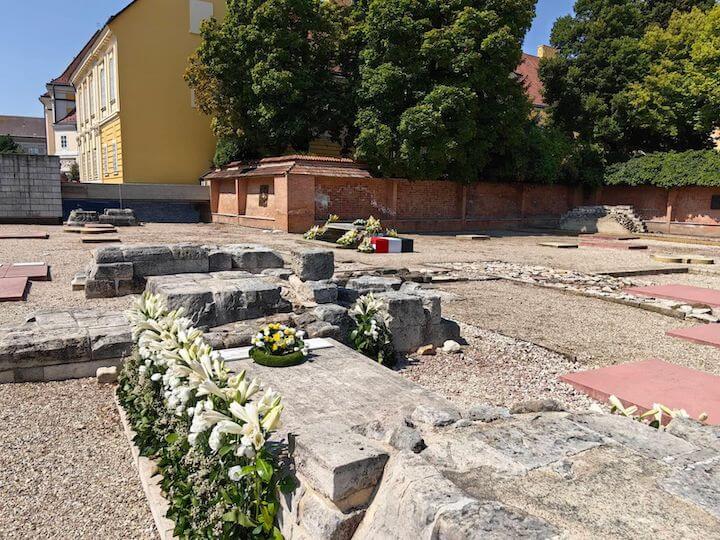

„A hatalmas épület képe ma már ott él minden magyar ember lelkében…”
A dualizmus korának egyik legjelentősebb hazai építésze volt Steindl Imre, aki 1839. október 29-én született Pesten. Az 1870-es években több neves épületet is tervezett, de munkássága csúcsa az volt, hogy húsz pályázó közül ő nyerte meg az Országház építésére 1881-ben kiírt tervpályázatot. Az építkezés 1885 és 1904 között zajlott, ő azonban nem érhette meg a munkálatok befejezését.
Jelačić bán és a „Jézusmária-huszárok”
Százhetvenöt esztendővel ezelőtt, 1848 nyarának végére az első felelős magyar kormány nehéz helyzetbe került. Nem tudta rendezni a horvát–magyar viszonyt annak ellenére, hogy engedményekre is hajlandó volt, és Bécs közbenjárását kérte. Nem állt rendelkezésére elegendő reguláris katonaság a rác lázadás megfékezésére, ezért elhúzódó délvidéki „kis háborúra” lehetett számítani.
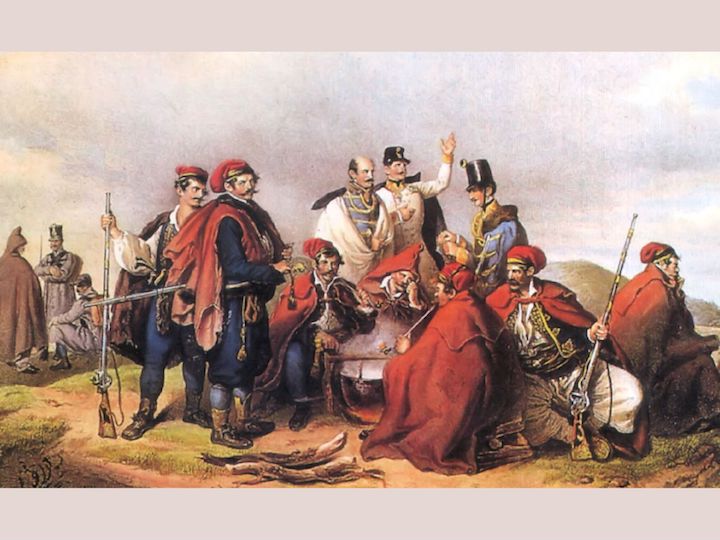
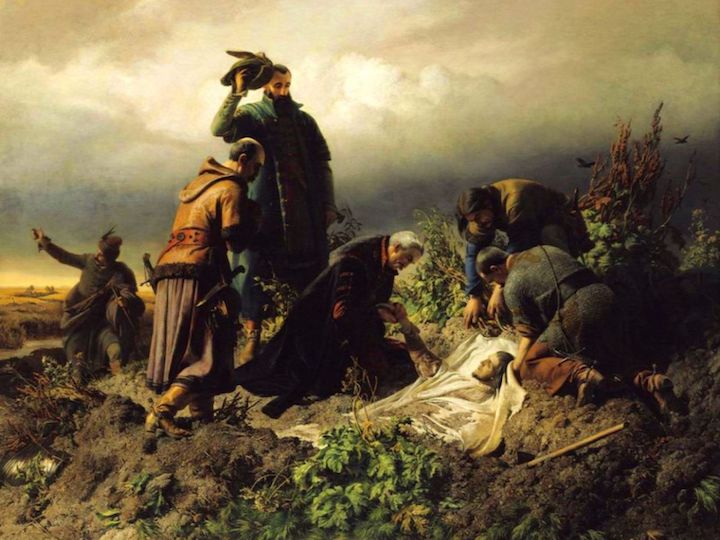
Salamon Ferenc, a török kor zseniális történésze
Augusztus 29-e az oszmánok szerencsenapja, e napon foglalták el Nándorfehérvárat (1521), győzték le a magyar sereget Mohácsnál (1526), és foglalták el Budát (1541). Főként ezek az események teszik emlékezetessé augusztus 29-ét. De 1825-ben ezen a napon született a török kor egyik kiemelkedő történésze is.
„Mint a sötét asszony a mohácsi téren”
Kanizsai Dorottya alakja a magyar irodalomban a XIX. század végén és a XX. század során sokszor fellelhető.


Új diadal kapujában
Mónus József új rekordok megdöntésére készül.
Második morvamezei csata
A mérleg nyelve – Közép-Európa sorsfordítója 745 éve vívták meg a második morvamezei csatát.
